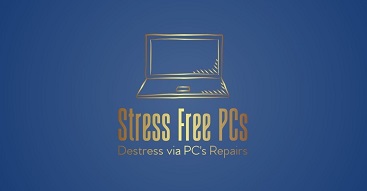Page 2 of 3
Mental Stress from PC Use
Beyond physical discomfort, mental stress can also arise from prolonged computer use:
- Tech Burnout: Constant exposure to digital stimuli, whether from work or social media, can overwhelm the brain, leading to anxiety, decreased focus, and emotional exhaustion.
- Information Overload: The never-ending stream of emails, notifications, and online content can lead to cognitive overload, making it difficult to focus or complete tasks efficiently.
- Work-Life Imbalance: The ease of accessing work through PCs, even during off-hours, can blur boundaries between personal life and professional responsibilities, increasing stress.
Ways to Manage Stress from PC Use
Here are some proven strategies to reduce both physical and mental stress caused by PC use:
- Optimize Ergonomics:
- Adjust your chair, monitor, and keyboard to ensure proper posture.
- Keep your monitor at eye level to avoid neck strain.
- Use ergonomic tools, such as wrist supports and adjustable chairs, to reduce the risk of RSI and back pain.
- Take Regular Breaks:
- Use the 20-20-20 rule to prevent eye strain: every 20 minutes, take a 20-second break and look at something 20 feet away.
- Get up and stretch at regular intervals to avoid muscle stiffness.
- Limit Screen Time:
- Set clear boundaries between work and leisure screen time to avoid burnout.
- Incorporate offline hobbies or relaxation techniques like reading, yoga, or outdoor activities to balance your digital life.
- Manage Notifications:
- Turn off non-essential notifications to reduce distractions and multitasking.
- Use focus modes or apps that block interruptions during work hours.
- Mindful Technology Use:
- Practice digital detox by setting aside specific times for no-screen activities.
- Use apps that remind you to take breaks or engage in mindfulness exercises throughout the day.
